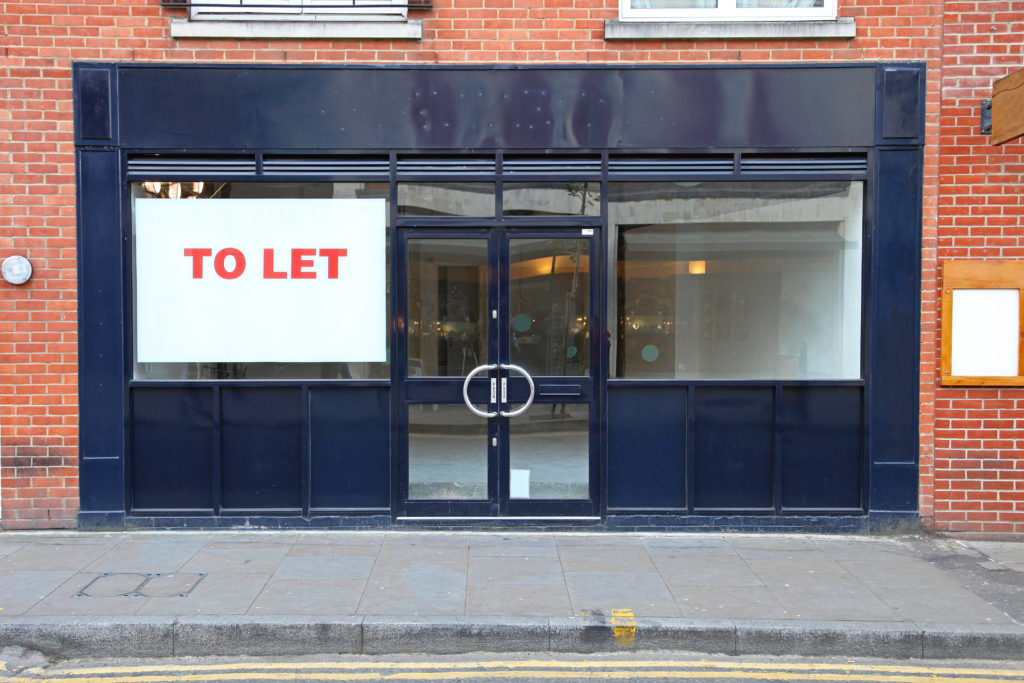
If you are the tenant of a commercial property, there is likely to be a clause in your lease which requires you to keep the property in “good” or “substantial” repair. If the term of your lease is coming to or has come to an end, your landlord could attempt to bring a claim against you for dilapidations, this could be a substantial figure.
At the start of any commercial lease a tenant would normally carefully inspect the property in an attempt to uncover any problems or necessary repairs before the commencement of the lease.
However, not all problems or defects are readily apparent or obvious, they are “inherent” and due to a defect in the design or construction of the building or the materials used. Understandably, a tenant is likely to be unwilling to pay out to repair such defects.
What is an inherent defect and when are tenants liable to repair?
It is a question of fact and degree as to whether a defect is inherent and should therefore be caught by the tenants covenant to repair within the lease.
Whether a tenant is liable to repair an inherent defect depends on the wording of the repairing covenants under the lease. A tenant will usually covenant to keep the property in “good repair”.
The onus is on the tenant if they wish to exclude liability for inherent defects when drafting the lease and for this, it would be wise to instruct a solicitor so as to ensure the wording has the desired effect if this is contested by the Landlord further down the line. There should be a corresponding obligation on the Landlord to be responsible for repairs to inherent defects, otherwise there is the risk that no-one will be liable and the cost will be added to the service charge.
From a Landlords perspective, it may be preferable to look into obtaining an indemnity policy to cover any inherent defects which may be uncovered down the line.
Nonetheless, the repairing covenants under the lease will only come into effect if the property is actually in disrepair, if the inherent defect doesn’t cause any damage to the property, no repairs will be required.
Ultimately these issues draw attention to the importance of careful drafting in the first instance but if you find yourself at the wrong end of a claim which you believe may concern an inherent defect, a member of our property litigation team will be able to assist you.
